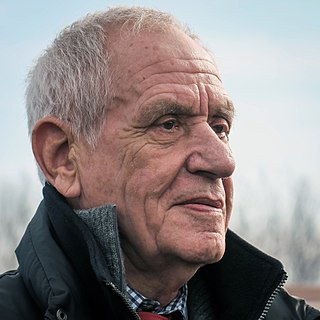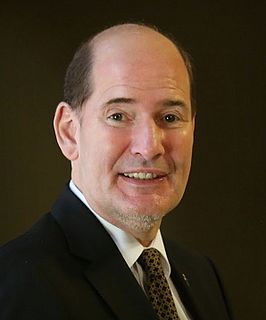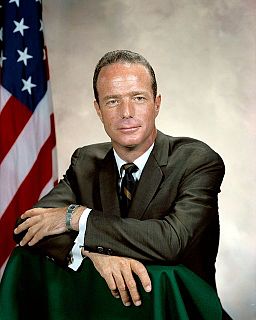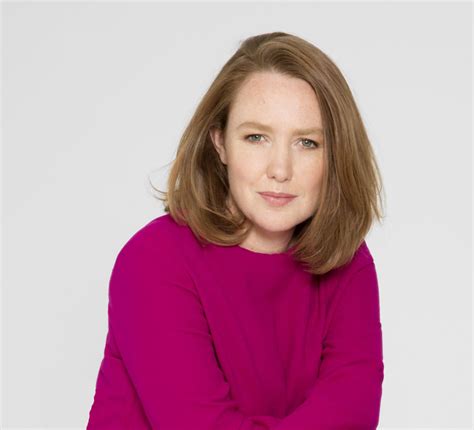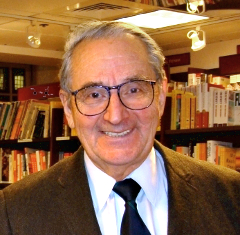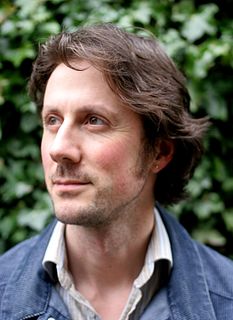A Quote by Arthur C. Clarke
The realisation that our small planet is only one of many worlds gives mankind the perspective it needs to realise sooner that our own world belongs to all its creatures.
Related Quotes
This is another lie. We are only seeking Man. We have no need of other worlds. A single world, our own, suffices us; but we can't accept it for what it is. We are searching for an ideal image of our own world: we go in quest of a planet, a civilization superior to our own but developed on the basis of a prototype of our primeval past.
Thanks to art, instead of seeing one world only, our own, we see that world multiply itself and we have at our disposal as many worlds as there are original artists, worlds more different one from the other than those which revolve in infinite space, worlds which, centuries after the extinction of the fire from which their light first emanated, whether it is called Rembrandt or Vermeer, send us still each one its special radiance.
A contact with an extraterrestrial civilization is the greatest challenge for mankind in the Third Millennium. We would finally realize that we are indeed not alone, what could cause a new Copernican revolution, a quantum leap in our thinking and perspective. We would finally realize that we are one mankind and all the small differences which separate humans from each other today-nationality, race, religion-would disappear. Only together can mankind explore the universe, our true home and destiny.
This planet is not terra firma. It is a delicate flower and it must be cared for. It's lonely. It's small. It's isolated, and there is no resupply. And we are mistreating it. Clearly, the highest loyalty we should have is not to our own country or our own religion or our hometown or even to ourselves. It should be to, number two, the family of man, and number one, the planet at large. This is our home, and this is all we've got.
It has become a common feeling, I believe, as we have watched our heroes falling over the years, that our own small stone of activism, which might not seem to measure up to the rugged boulders of heroism we have so admired, is a paltry offering toward the building of an edifice of hope. Many who believe this choose to withhold their offerings out of shame. This is the tragedy of the world. For we can do nothing substantial toward changing our course on the planet, a destructive one, without rousing ourselves, individual by individual, and bringing our small, imperfect stones to the pile.
?In life, at sometime or another we come to a point where all relationships cease—where there is only us and Allah. There are no parents, brother or sister, or any friend. Then we realise that there is no earth under us nor is there sky above, but only Allah who is supporting us in this emptiness. Then we realise our worth – it is not more than a grain of sand or the leaf of a plant. Then we realise our existence is only confined to our being. Our demise makes not a whit of difference to the world around us, nor to the scheme of things.



